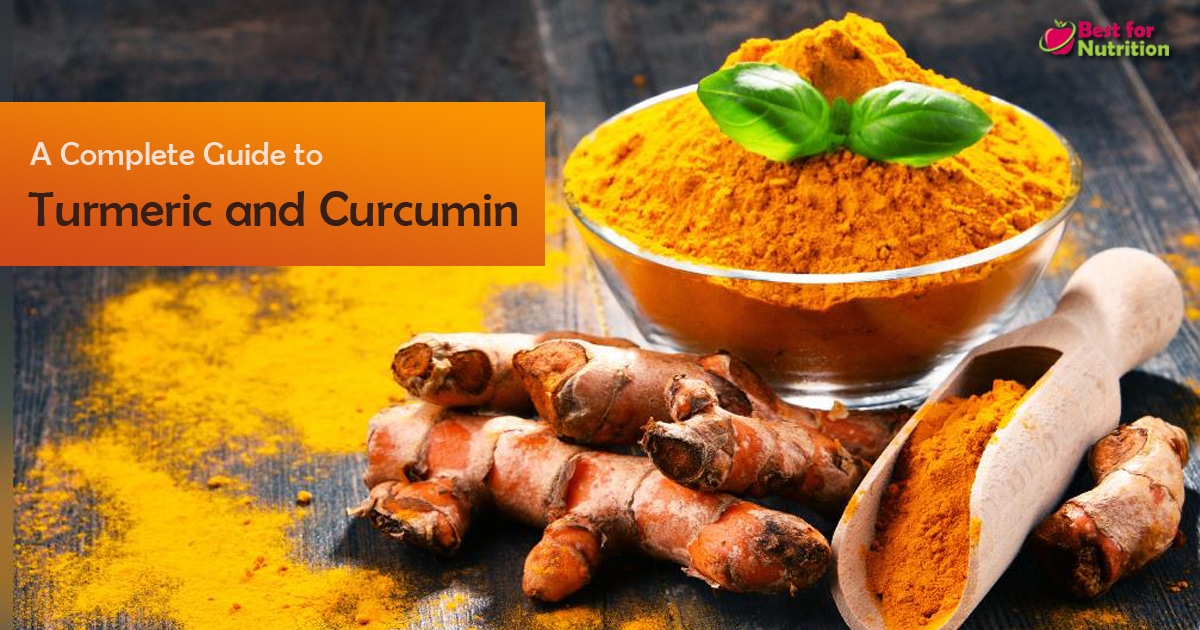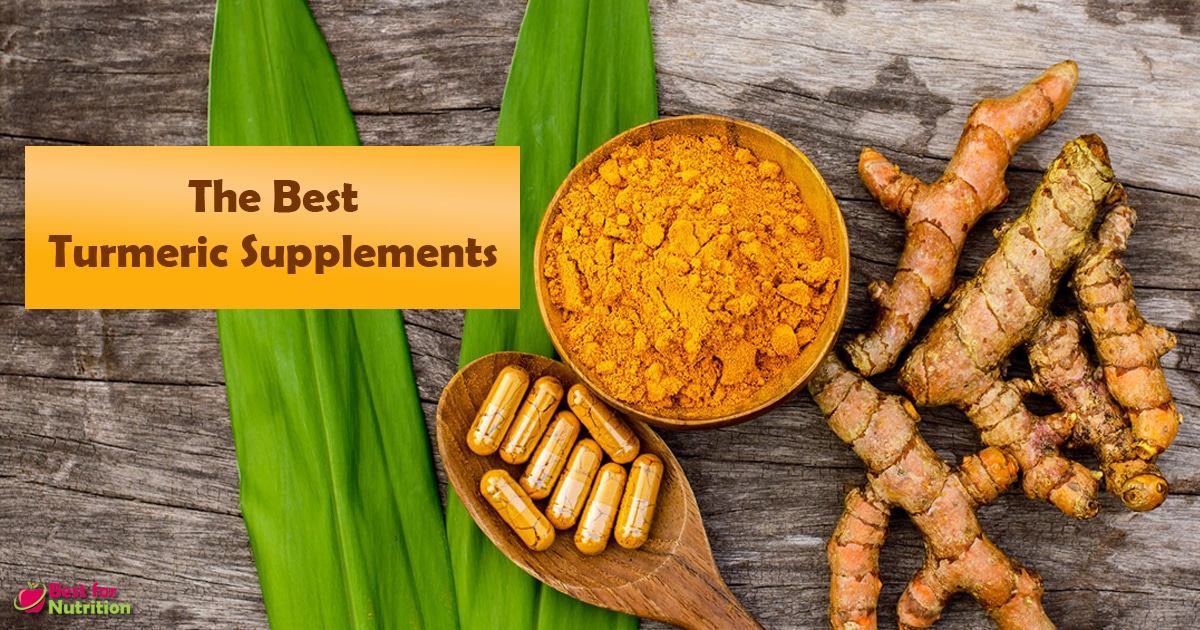Turmeric, a vibrant yellow spice commonly used in Indian cuisine, has been lauded for its numerous health benefits, particularly its anti-inflammatory and antioxidant properties. Among its many advantages, turmeric has shown promise in promoting digestive health and alleviating common digestive issues such as bloating, indigestion, and irritable bowel syndrome (IBS). This article delves into how turmeric can support digestion, reduce discomfort, and improve overall gut health.

How Turmeric Aids Digestion
Turmeric contains an active compound called curcumin, which is primarily responsible for its medicinal properties. Curcumin is known to stimulate bile production in the gallbladder, which aids in the digestion of fats. Additionally, turmeric has been found to possess anti-inflammatory, antioxidant, and antimicrobial properties, all of which contribute to better digestive health (1).
By increasing bile production, turmeric helps the body break down and digest fats more effectively, reducing the likelihood of digestive discomforts such as bloating and gas. Moreover, turmeric’s anti-inflammatory properties can help soothe the digestive tract, making it an effective natural remedy for inflammation-related digestive issues.
Summary: Turmeric aids digestion by stimulating bile production, which helps break down fats, and its anti-inflammatory properties can soothe the digestive tract, reducing discomforts like bloating and gas.
Turmeric for Bloating Relief
Bloating is a common digestive complaint characterized by a feeling of fullness, tightness, or swelling in the abdomen. It often results from excess gas production or disturbances in the movement of the muscles in the digestive system. Turmeric can help alleviate bloating by reducing inflammation in the digestive tract and promoting healthy gut bacteria.
Studies have shown that turmeric’s anti-inflammatory properties can reduce intestinal inflammation, which often contributes to bloating. Furthermore, turmeric may help balance gut microbiota, which plays a crucial role in digestive health. A balanced gut microbiota can prevent excessive gas production and promote smoother digestion, thereby reducing bloating (2).
Summary: Turmeric helps alleviate bloating by reducing intestinal inflammation and promoting a balanced gut microbiota, leading to smoother digestion and less gas production.
Turmeric and Indigestion
Indigestion, or dyspepsia, is another common digestive issue characterized by discomfort or pain in the upper abdomen, often accompanied by bloating, belching, and nausea. Turmeric has been traditionally used in Ayurvedic medicine to treat indigestion due to its ability to enhance digestive functions and reduce stomach acid production (3).
Curcumin in turmeric has been found to help regulate the digestive system by promoting the release of digestive enzymes that break down food, making the digestive process more efficient. Additionally, turmeric can help reduce the production of stomach acid, which can prevent acid reflux and indigestion.
Summary: Turmeric can alleviate indigestion by promoting the release of digestive enzymes and reducing stomach acid production, leading to more efficient digestion.
Turmeric for Irritable Bowel Syndrome (IBS)
Irritable Bowel Syndrome (IBS) is a chronic digestive condition that affects the large intestine, causing symptoms such as abdominal pain, cramping, bloating, gas, and diarrhea or constipation. While the exact cause of IBS is unknown, inflammation and changes in the gut microbiota are believed to play a role in its development. Turmeric’s anti-inflammatory properties and its ability to promote gut health make it a potential natural remedy for IBS.
Research has shown that curcumin can help reduce inflammation in the gut, which may alleviate the symptoms of IBS. Moreover, turmeric may help improve the intestinal barrier function, which prevents harmful bacteria from entering the bloodstream and causing further inflammation. By reducing gut inflammation and supporting a healthy gut environment, turmeric can help manage the symptoms of IBS and improve the quality of life for those affected by this condition (4).
Summary: Turmeric may help manage IBS symptoms by reducing gut inflammation and supporting a healthy gut environment, potentially improving the quality of life for those affected.
How to Incorporate Turmeric into Your Diet for Digestive Health
Incorporating turmeric into your diet is relatively easy and can be done in various ways to enhance your digestive health. You can add turmeric to your daily meals, such as soups, stews, and smoothies, or use it as a seasoning for roasted vegetables and meats. Turmeric tea or golden milk is another popular option that combines turmeric with milk (or a dairy-free alternative), honey, and a dash of black pepper to enhance curcumin absorption.

For those who prefer a more concentrated dose, turmeric supplements are available. These supplements often contain higher amounts of curcumin than turmeric spice, providing a more potent effect on digestive health. When choosing a supplement, it’s essential to select a high-quality product that includes black pepper extract (piperine) to enhance curcumin absorption. You can find some of the best turmeric supplements here.
Summary: Turmeric can be easily incorporated into your diet through food, beverages, or supplements. For maximum benefits, consider using supplements with added piperine to enhance curcumin absorption.
Potential Side Effects and Precautions
While turmeric is generally considered safe for most people when consumed in moderate amounts, some individuals may experience side effects, particularly at higher doses. Common side effects may include stomach upset, nausea, dizziness, or diarrhea. Additionally, turmeric may interact with certain medications, such as blood thinners and medications for diabetes, so it’s essential to consult a healthcare provider before starting any new supplement regimen.
Pregnant or breastfeeding women and individuals with gallbladder issues or gastroesophageal reflux disease (GERD) should exercise caution when using turmeric supplements, as high doses could potentially exacerbate these conditions.
Summary: Turmeric is generally safe but may cause side effects at high doses or interact with certain medications. Consult a healthcare provider before starting any new supplement, especially for those with specific health conditions.
FAQs
Can turmeric help with bloating and gas?
Yes, turmeric can help alleviate bloating and gas by reducing inflammation in the digestive tract and promoting a healthy balance of gut bacteria.
How does turmeric support digestive health?
Turmeric supports digestive health by stimulating bile production, reducing inflammation, and promoting the release of digestive enzymes, which helps improve the digestive process.
Is turmeric safe for individuals with IBS?
Turmeric may be beneficial for individuals with IBS due to its anti-inflammatory properties and ability to support gut health. However, it’s essential to consult a healthcare provider for personalized advice.
Can I take turmeric supplements if I have acid reflux?
While turmeric can help reduce stomach acid production, individuals with acid reflux or GERD should consult a healthcare provider before taking turmeric supplements, as high doses may exacerbate symptoms.
Are there any side effects of taking turmeric?
Turmeric is generally safe, but some individuals may experience side effects such as stomach upset, nausea, or diarrhea, especially at high doses.
The Final Note
Turmeric is a powerful natural remedy that offers numerous benefits for digestive health. Its ability to stimulate bile production, reduce inflammation, and promote a healthy gut environment makes it a valuable addition to the diet for those looking to alleviate digestive issues such as bloating, indigestion, and IBS. However, it is essential to use turmeric appropriately and consult a healthcare provider, especially when considering supplements, to ensure safe and effective use.
By incorporating turmeric into your diet or supplement regimen, you may improve your digestive health and overall well-being. For those interested in supplement options, you can explore some of the best turmeric supplements available here.





